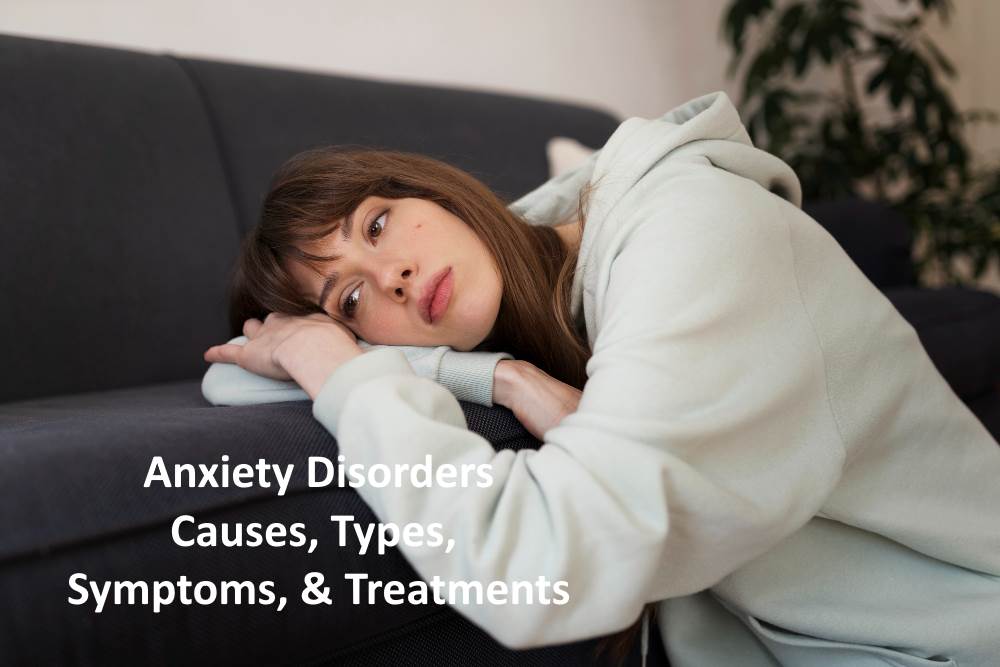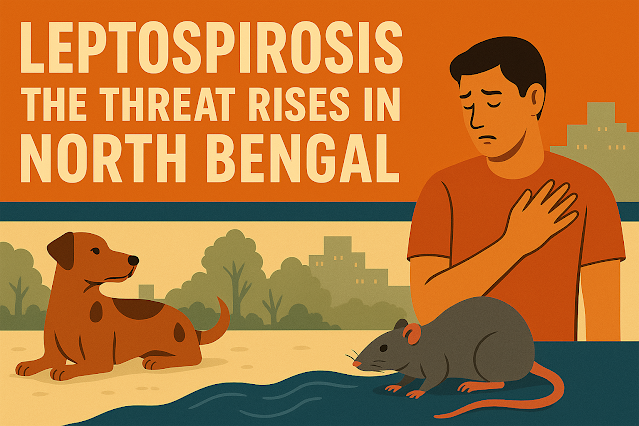Anxiety is a normal emotion. It’s your brain’s way of reacting to stress and alerting you of potential danger ahead.
-
Panic, fear, and uneasiness
-
Feelings of panic, doom, or danger
-
Sleep problems
-
Not being able to stay calm and still
-
Cold, sweaty, numb, or tingling hands or feet
-
Shortness of breath
-
Breathing faster and more quickly than normal (hyperventilation)
-
Heart palpitations
-
Dry mouth
-
Nausea
-
Tense muscles
-
Dizziness
-
Thinking about a problem over and over again and unable to stop (rumination)
-
Inability to concentrate
-
Intensely or obsessively avoiding feared objects or places
-
Genetics. Anxiety disorders can run in families.
-
Brain chemistry. Some research suggests anxiety disorders may be linked to faulty circuits in the brain that control fear and emotions.
-
Environmental stress. This refers to stressful events you have seen or lived through. Life events often linked to anxiety disorders include childhood abuse and neglect, a death of a loved one, or being attacked or seeing violence.
-
Drug withdrawal or misuse. Certain drugs may be used to hide or decrease certain anxiety symptoms. Anxiety disorder often goes hand in hand with alcohol and substance use.
-
Medical conditions. Some heart, lung, and thyroid conditions can cause symptoms similar to anxiety disorders or make anxiety symptoms worse. It’s important to get a full physical exam to rule out other medical conditions when talking to your doctor about anxiety.
-
History of mental health disorder. Having another mental health disorder, like depression, raises your risk for anxiety disorder.
-
Childhood sexual abuse. Emotional, physical, and sexual abuse or neglect during childhood is linked to anxiety disorders later in life.
-
Trauma. Living through a traumatic event increases the risk of posttraumatic stress disorder (PTSD), which can cause panic attacks.
-
Negative life events. Stressful or negative life events, like losing a parent in early childhood, increase your risk for anxiety disorder.
-
Severe illness or chronic health condition. Constant worry about your health or the health of a loved one, or caring for someone who is sick, can cause you to feel overwhelmed and anxious.
-
Substance abuse. The use of alcohol and illegal drugs makes you more likely to get an anxiety disorder. Some people also use these substances to hide or ease anxiety symptoms.
-
Being shy as a child. Shyness and withdrawal from unfamiliar people and places during childhood is linked to social anxiety in teens and adults.
-
Low self-esteem. Negative perceptions about yourself may lead to social anxiety disorder.
-
Antidepressants. Modern antidepressants (SSRIs and SNRIs) are typically the first drugs prescribed to someone with an anxiety disorder. Examples of SSRIs are escitalopram (Lexapro) and fluoxetine (Prozac). SNRIs include duloxetine (Cymbalta) and venlafaxine (Effexor).
-
Bupropion. This is another type of antidepressant commonly used to treat chronic anxiety. It works differently than SSRIs and SNRIs.
-
Other antidepressants. These include tricyclics and monoamine oxidase inhibitors (MAOIs). They are less commonly used because side effects, like drops in blood pressure, dry mouth, blurry vision, and urinary retention, can be unpleasant or unsafe for some people.
-
Benzodiazepines. Your doctor may prescribe one of these drugs if you’re having persistent panicky feelings or anxiety. They help lower anxiety. Examples are alprazolam (Xanax) and clonazepam (Klonopin). They work quickly, but you can become dependent on them. Usually, they’re meant to be an add-on to your anxiety disorder treatment and you shouldn’t take them for a long time.
-
Beta-blockers. This type of high blood pressure drug is used off-label and can help you feel better if you’re having physical symptoms of anxiety, such as a racing heart, trembling, or shaking. A beta-blocker may help you relax during an acute anxiety attack.
-
Anticonvulsants. Used to prevent seizures in people with epilepsy, these drugs are sometimes used off-label to relieve certain anxiety disorder symptoms.
-
Antipsychotics. Low doses of these drugs can be added in an off-label use to help make other treatments work better.
-
Buspirone (BuSpar). This anti-anxiety drug is sometimes used to treat chronic anxiety. You’ll need to take it for a few weeks before seeing full symptom relief.
-
Psychotherapy: This is a type of counseling that helps you learn how your emotions affect your behaviors. It’s sometimes called talk therapy. A trained mental health specialist listens and talks to you about your thoughts and feelings and suggests ways to understand and manage them and your anxiety disorder.
-
Cognitive behavioral therapy (CBT): This common type of psychotherapy teaches you how to turn negative, or panic-causing, thoughts and behaviors into positive ones. You’ll learn ways to carefully approach and manage fearful or worrisome situations without anxiety. Some places offer family CBT sessions.
-
Learn about your disorder. The more you know, the better prepared you will be to manage symptoms and roadblocks along the way. Don’t be afraid to ask your doctor any questions you might have. Remember, you are a key part of your health care team.
-
Stick to your treatment plan. Suddenly stopping your meds can cause unpleasant side effects and can even trigger anxiety symptoms.
-
Cut down on foods and drinks that have caffeine, such as coffee, tea, cola, energy drinks, and chocolate. Caffeine is a mood-altering drug, and it may make symptoms of anxiety disorders worse.
-
Don’t use alcohol and recreational street drugs. Substance abuse increases your risk of anxiety disorders.
-
Eat right and exercise. Brisk aerobic exercises like jogging and biking help release brain chemicals that cut stress and improve your mood.
-
Get better sleep. Sleep problems and anxiety disorder often go hand in hand. Make getting good rest a priority. Follow a relaxing bedtime routine. Talk to your doctor if you still have trouble sleeping.
-
Learn to relax. Stress management is an important part of your anxiety disorder treatment plan. Things like meditation or mindfulness can help you unwind after a stressful day and may make your treatment work better.
-
Keep a journal. Writing down your thoughts before the day is done may help you relax so you’re not tossing and turning with anxious thoughts all night.
-
Manage your negative thoughts. Thinking positive thoughts instead of worrisome ones can help reduce anxiety. This can be challenging if you have certain types of anxiety, however. Cognitive behavioral therapy can teach you how to redirect your thoughts.
-
Get together with friends. Whether it’s in person, on the phone, or the computer, social connections help people thrive and stay healthy. People who have a close group of friends that support and chat with them have lower levels of social anxiety.
-
Seek support. Some people find it helpful and uplifting to talk to others who are experiencing the same symptoms and emotions. Self-help or support groups let you share your concerns and achievements with others who are or who have been there.








